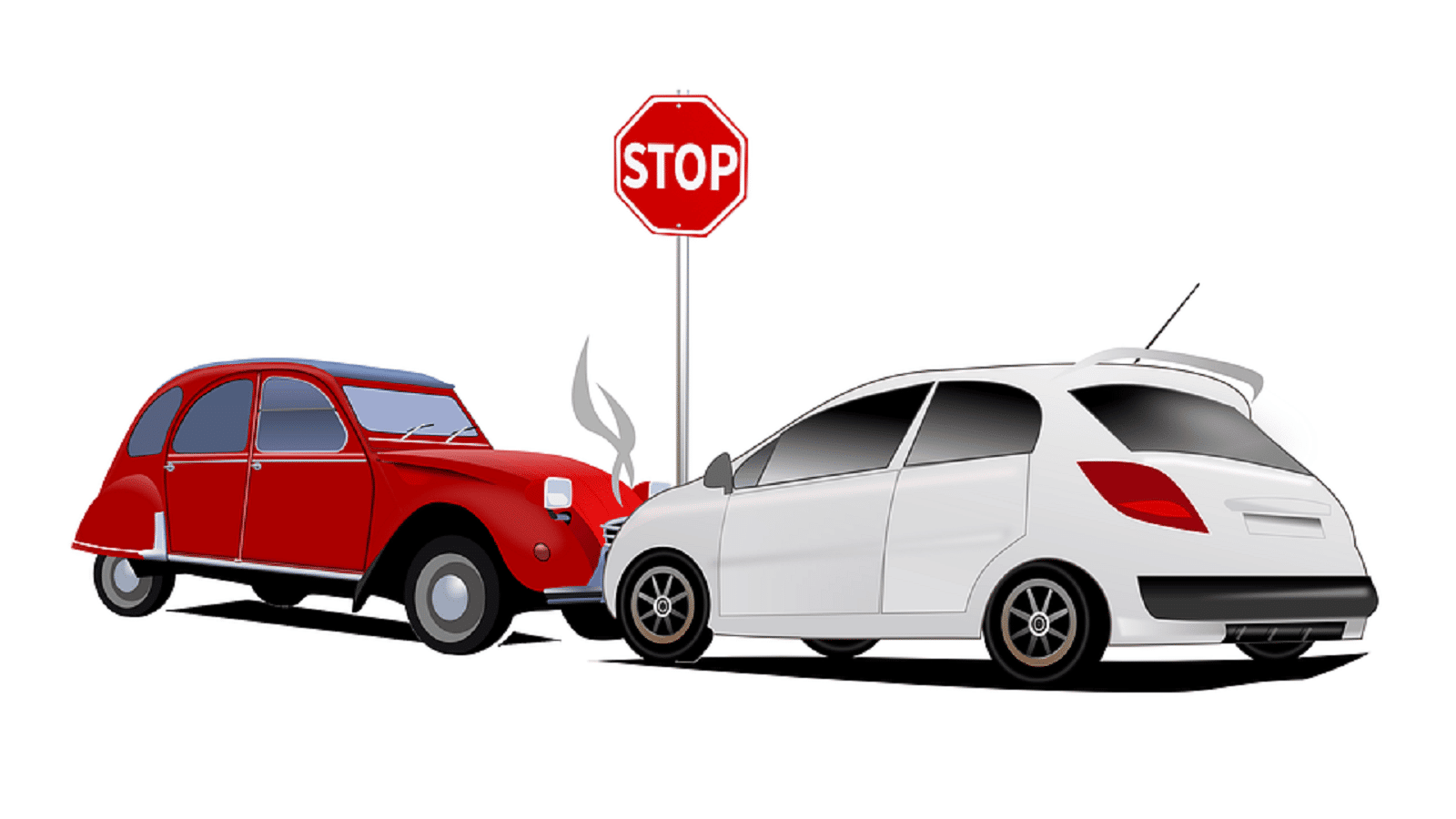Even though Massachusetts is a no-fault state for insurance purposes, this does not mean you cannot file an accident claim against another driver. There are circumstances that allow an individual injured in an accident to seek compensation from another driver instead of looking to their insurance provider as the sole source of compensation. For example, if your medical bills exceed $2,000 or you suffered a permanent injury, you may be able to file a car accident claim.
However, you must prove the other driver caused the accident to recover compensation for your medical bills, lost income, and other damages. Proving fault in an accident can be challenging, especially in certain car accident cases. Accidents involving commercial vehicles or multiple vehicles are often more difficult to investigate. An experienced Massachusetts car accident attorney can help you gather the evidence you need to prove fault in a car accident in Massachusetts.
What Evidence Can Help in Proving Fault in a Car Accident?
Attorneys use a variety of evidence when they are focusing on proving fault in an accident case. Some examples of the evidence we may use in your case include:
- Police Report — When the police officer investigates the accident, the officer may cite the other driver with a traffic offense that contributed to the cause of the crash. Even if the officer does not issue a citation, he will typically indicate whether each driver contributed to the cause of the crash. Therefore, a police report stating the other driver was at fault can be valuable when we are negotiating a settlement with the insurance company for the other driver.
- Accident Scene Evidence — Evidence from the accident scene can be extremely useful, especially if we must recreate the accident to determine fault. Examples of evidence from the accident scene include photographs, videos, measurements of skid marks, notation of the position of each vehicle after impact, and information about the surroundings that could have been a factor in the cause of the crash. If possible, you should always take photographs and videos of the accident scene immediately after the crash.
- Eyewitness Statements — Statements from eyewitnesses can be very compelling, especially at trial. Jurors often give more weight to an eyewitness account because unlike the litigants the witness does not have a financial stake in the outcome of the trial.
- Operator’s Report — In some cases, a driver may admit fault in his or her operator’s report. It is very important to obtain copies of the reports and review the reports to determine if they can be used as evidence of the other driver claiming responsibility for the collision.
- Medical Records — Medical records are also important evidence in proving fault in an accident case. Your injuries can help substantiate the position of the vehicles and the speed of the vehicles at the time of the crash.
- Expert Testimony — In complex accident cases, we may retain experts who can recreate the accident to demonstrate cause. The expert’s testimony can provide convincing evidence that convinces a jury that the other driver was at fault for the crash.
Depending on the type of accident and the vehicles involved, there could be other evidence we use to prove fault. For example, in a commercial vehicle accident, we would work quickly to obtain the information on the truck’s black box and the records from the trucking company. It is important to work with an experienced car accident attorney who understands the type of evidence and how to obtain the evidence to prove that you were not at fault for the collision.
Call for a Free Consultation with a Massachusetts Accident Attorney
If a negligent driver injured you in an accident, contact Jim Glaser Law today at 781-689-2277 or fill out our online form to request a free case evaluation.

















